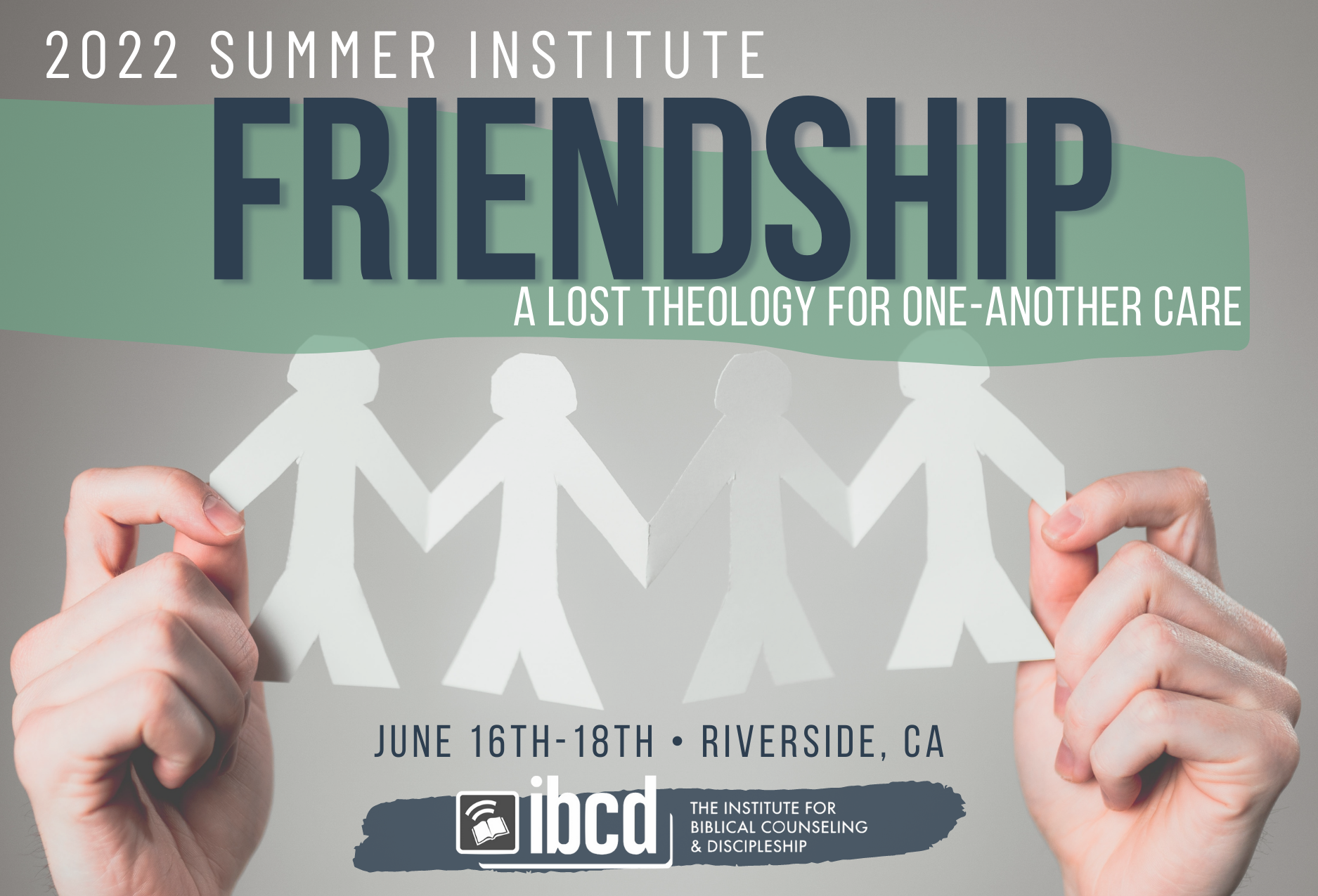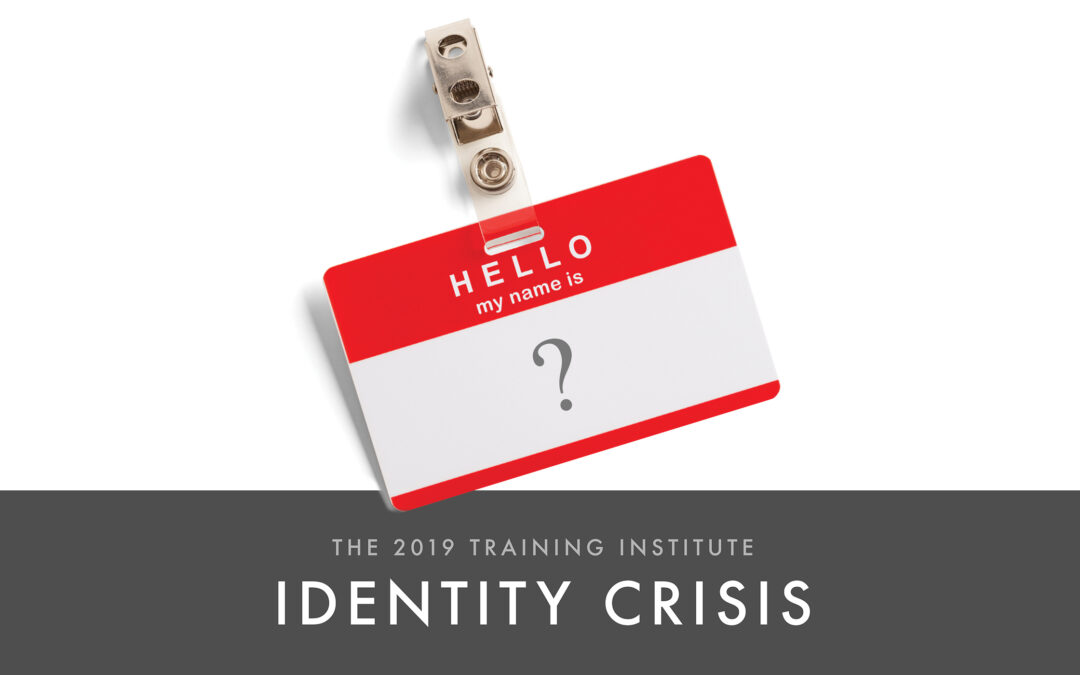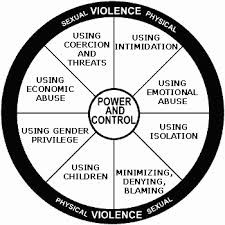Looking for the notes to this session? Download them here!


Looking for the notes to this session? Download them here!


” Issues of identity are some of the most difficult and painful questions facing...

” This workshop will help those who have been diagnosed with PTSD and those who counsel...

Domestic violence is something that no one counselor ever wants to encounter, but with a reported 1 in 3 women claiming to have experienced violence by an intimate partner, the unfortunate reality is that men in our churches do abuse their wives. The church should be lauded as an advocate for the oppressed as well as an entity calling abusers to true repentance, but too often she has fallen short of this ideal. Thanks be to God that even in a complex issue like domestic violence, both abusers and their victims can have hope in the gospel.

In this handout author Chris Moles will define domestic violence, explain the motivations and tactics of perpetrators and discuss the various manifestations of domestic violence including physical, sexual, emotional, economic and psychological abuse.

While those are rare, right? Those are great reminders of how efficient and powerful the Gospel is. So to me, I guess if you focus on that, it really doesn’t get you down.

And I think when service providers see that, especially in this day and age when government funding is down, where shelters are closing, where talk therapy’s not so popular, the Church actually has a pretty big void that we can fill. And if people who are doing this work see our compassion and our genuine sincerity, it can be an inviting atmosphere. So I think there’s plenty of work for us to do here.

You are viewing a clip from the Care & Discipleship Podcast. For more information about this and other episodes please visit the podcast page. Yeah, so I think one, you have to have an evangelistic heart. There has to be kind of a missional mindset to it so you...

The church and church leaders have a biblical responsibility toward the vulnerable and children. In this session author Chris Moles will discuss both social and theological considerations of the impact of domestic violence on children.

In this session author Chris Moles will teach how to give real help, hope and healing to victims of domestic abuse.

This session will seek to rethink some past approaches to situations of domestic violence, redefine this common problem and reach to the heart of the issue with hope to redeem these situations for God’s glory.

In this session author Chris Moles will define domestic violence, explain the motivations and tactics of perpetrators and discuss the various manifestations of domestic violence including physical, sexual, emotional, economic and psychological abuse.